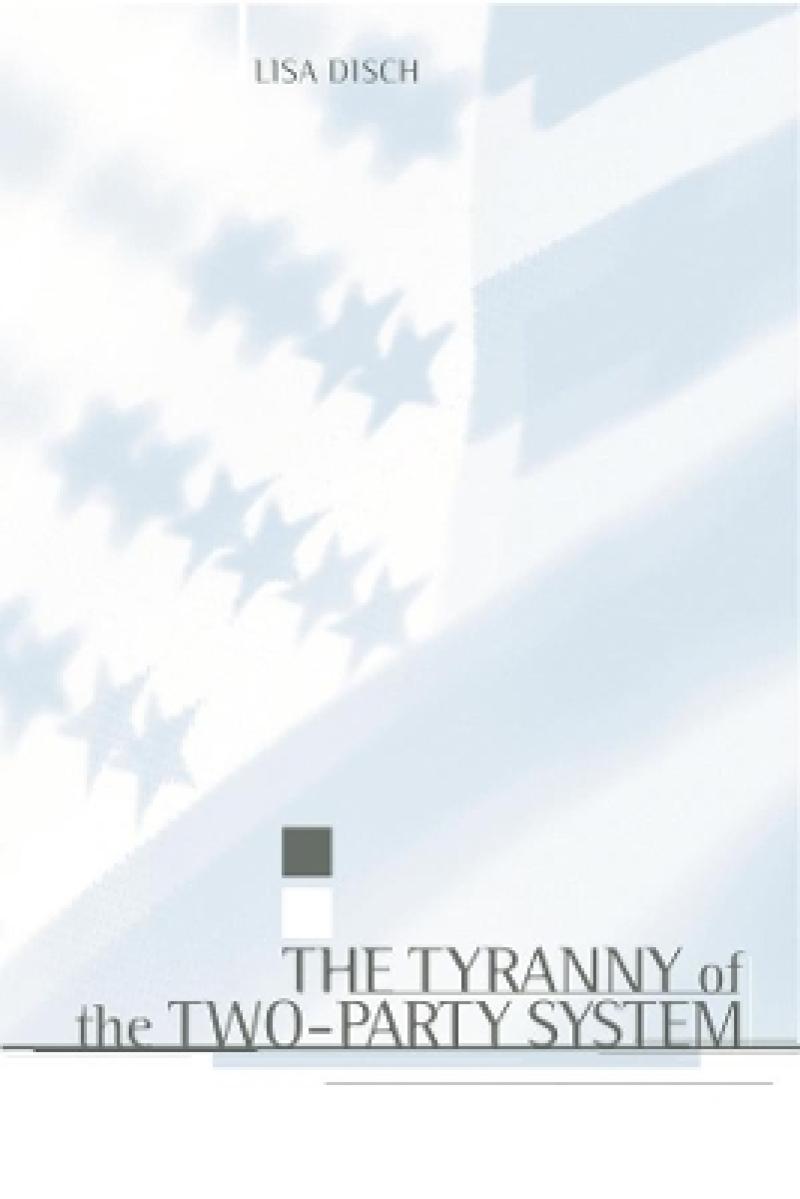Disch's book is strong and unique as it strays from many of the traps that plague third-party literature. Her book does not focus solely on a single party in an attempt to generalize from a unique example, nor does it fall prey to the "easy answer" syndrome: telling the reader why a third party erupted and why it could no longer retain its electoral viability. Disch presents a refreshingly unconventional take on American party history that is unique within this genre of party literature. -- Spencer Jones Congress and the Presidency Disch argues for the legal acceptibility of 'fusion' tickets in which candidates can appear on ballots as nominees of more than one party. Choice Fascinating and colorful -- Brian Doherty Reason [T]his book is a critique of the current partisan organization of American politics, its legal and institutional underpinnings, and a celebration of 'third party' alternatives to the political status quo... Disch provides both an interesting story of one reform effort and an enlightening analysis of how the status quo came to be. -- Keith E. Whittington Perspectives on Politics
